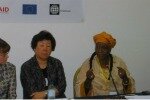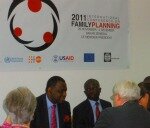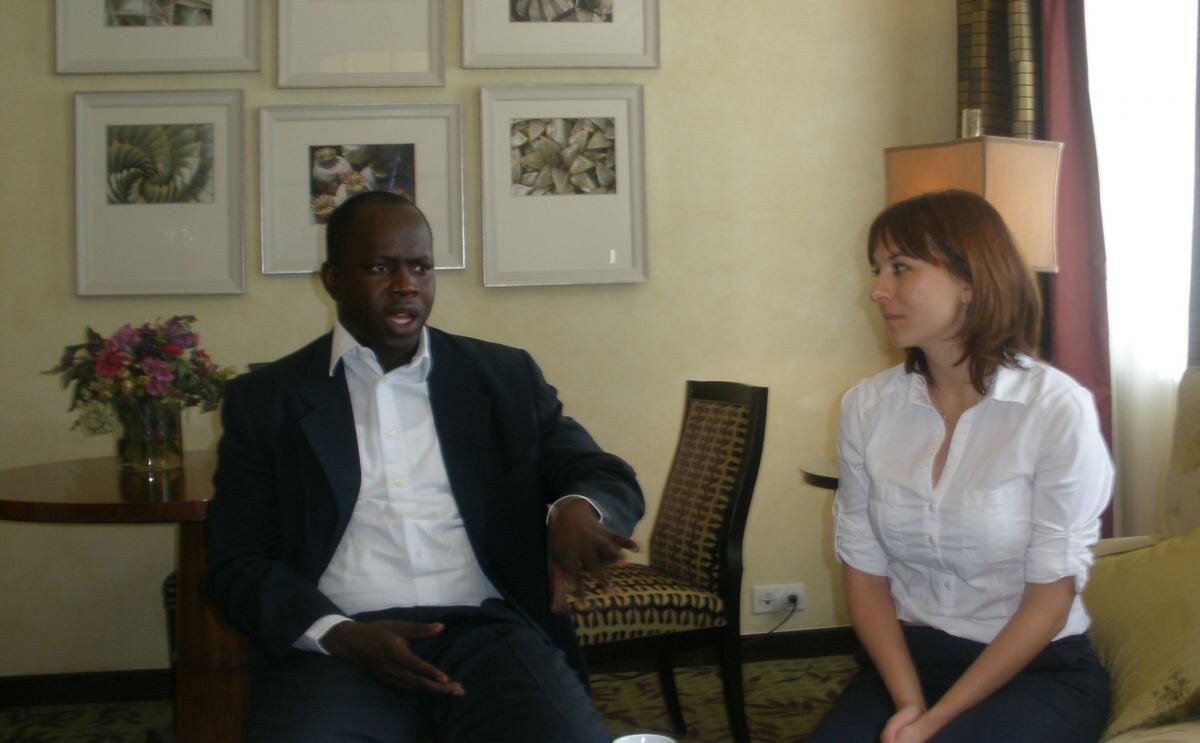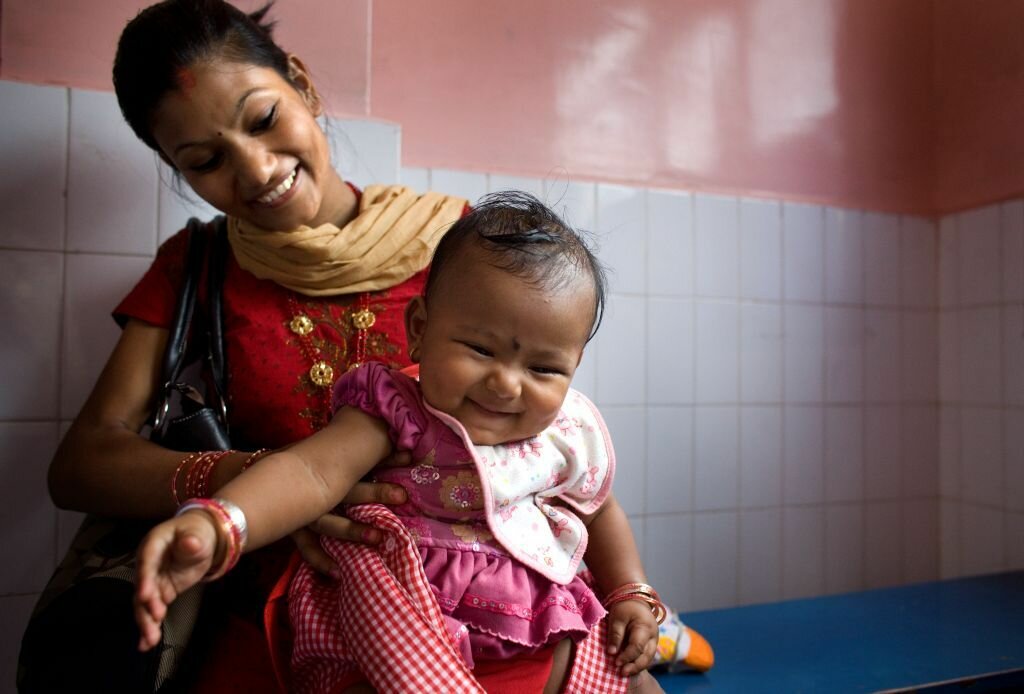November 30, 2011
Minister Bangura: Family planning and priorities in spending
November 30, 2011
At family planning plenary, youth’s messages captivate audience
November 29, 2011
Investing in family planning: Funds needed from all sources
November 29, 2011
Researching the true cost of Senegal’s maternal health plan
November 28, 2011


 For the 2,200 delegates at the International Conference on Family Planning, the opening plenary featured the president of Senegal and the head of the United Nations Population Fund. But it was two youth leaders who stole the show.
For the 2,200 delegates at the International Conference on Family Planning, the opening plenary featured the president of Senegal and the head of the United Nations Population Fund. But it was two youth leaders who stole the show. At the International Conference on Family Planning, one of the major issues is who will pay for new initiatives. One answer: Both developing and developed countries.
At the International Conference on Family Planning, one of the major issues is who will pay for new initiatives. One answer: Both developing and developed countries.
